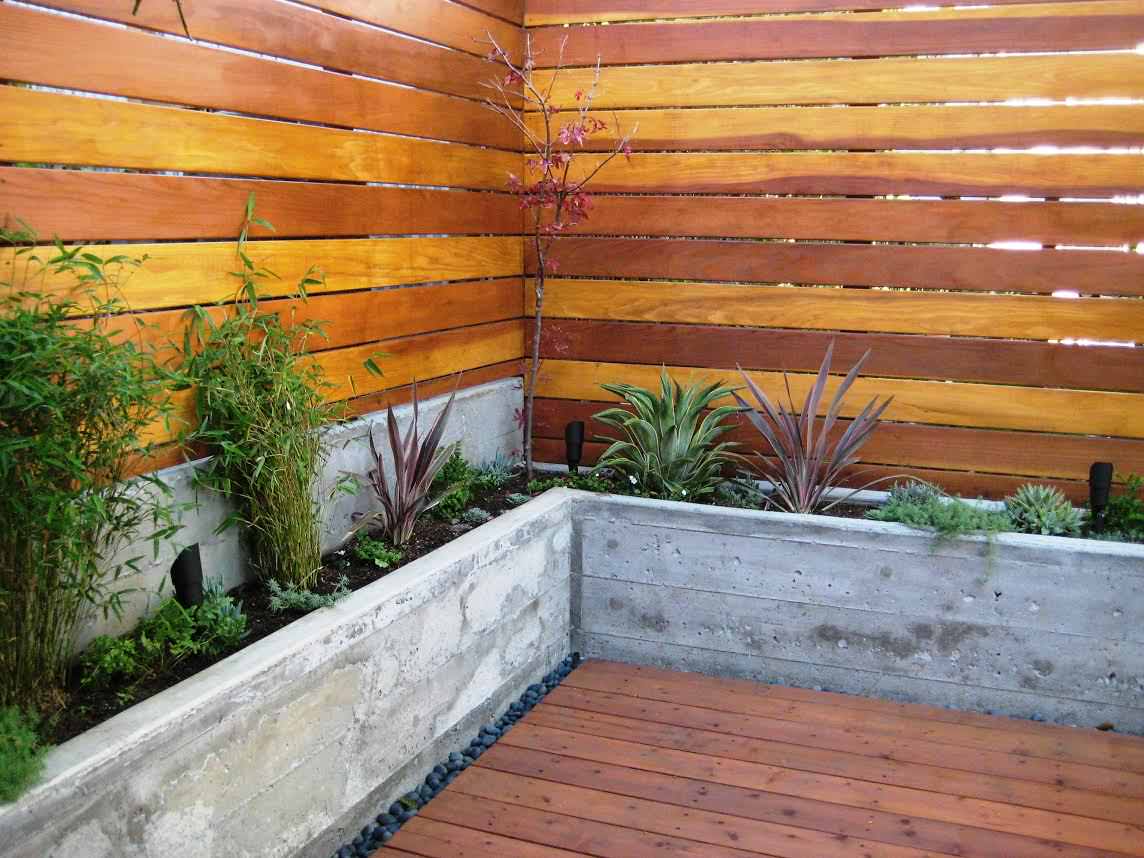Give us a call today to discuss your landscape ideas informally.
Contact UsOur Sustainable Practices for Landscape & Garden Design


Designing with the Land, Not Against It
The Bay Area and Southern Oregon share climates that reward restraint, observation, and respect for natural systems. At Mediterrasian Landscapes, sustainability is not a checklist — it is a way of seeing.
Designs are shaped by existing landforms, microclimates, and plant communities. Water is used thoughtfully. Materials are chosen for longevity and appropriateness. Existing plants, soils, and structures are integrated whenever possible.
Rather than imposing an idea onto a site, the design process listens first — then responds with clarity and intention. The result is a landscape that matures gracefully, requires less intervention, and feels deeply rooted in its place. In Northern California, design guidance may be implemented through full installation services; in Southern Oregon, our sustainable design strategies are provided for implementation by licensed local contractors of your choosing.
